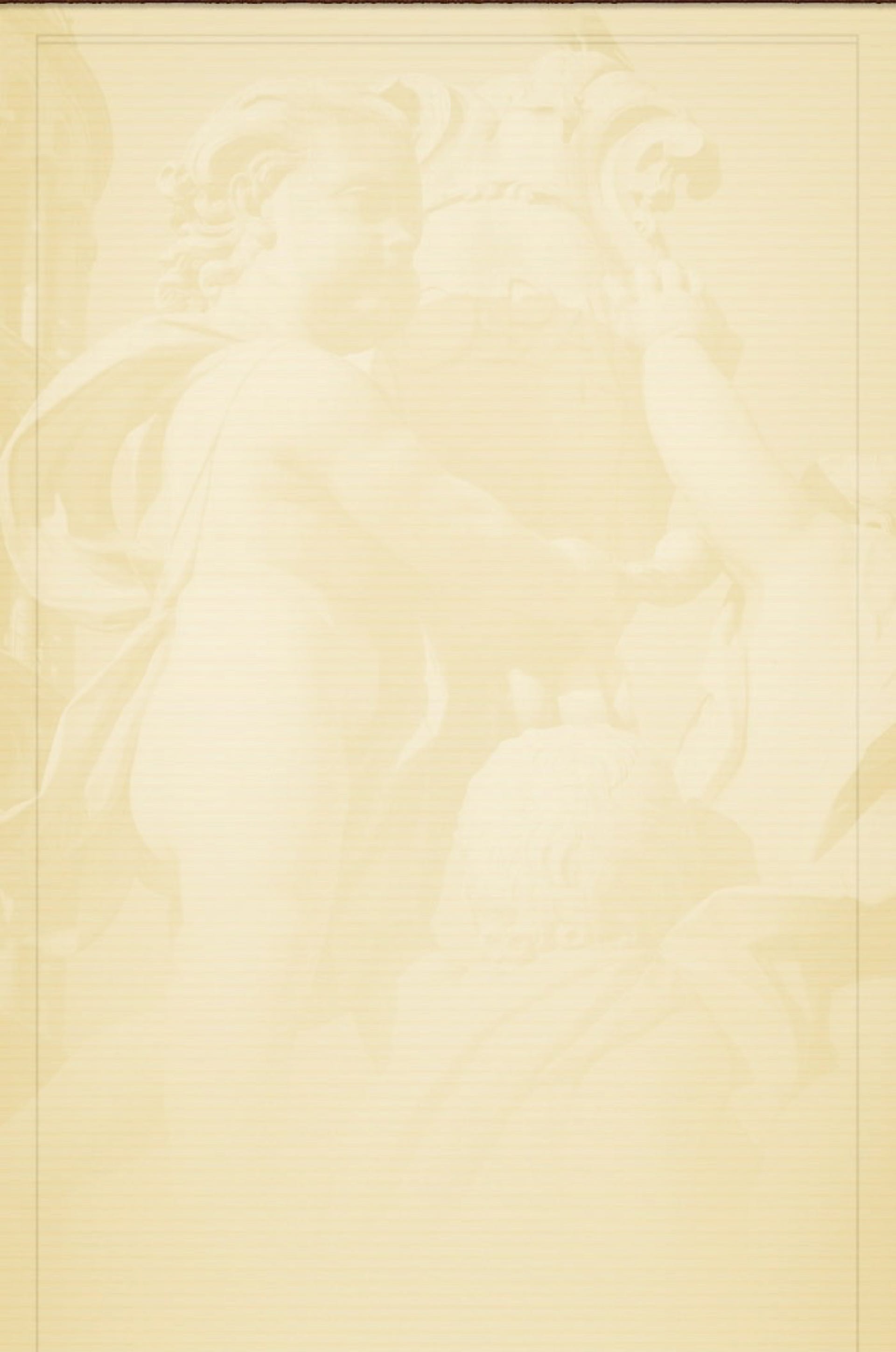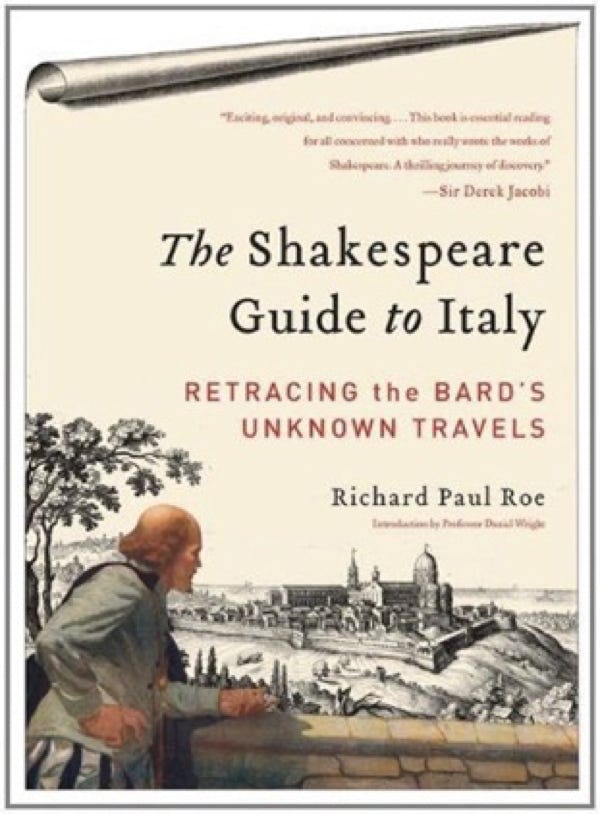Why Some Believe Oxford Wasn’t Shakespeare.
Some people note that the Stratford man had to be the author of Hamlet because he had a son named Hamnet. But Hamnet Shaxpere was named after a neighbor of Will’s called Hamnet Sadler, and not after the character in the play, who was based on the historical figure Amleth, featured in the 12th century Danish play Amleth, Prince of Denmark. The true author simply Anglicized the name Amleth into Hamlet. And it should be noted that, in addition to the play having biographical incidents applicable only to the earl of Oxford, writer Thomas Nashe mentions a “Hamlet” on stage in 1589, much too early for the Stratford man to have written it.
The main reason that some deny Oxford’s authorship candidacy is because of claims that a few plays were been written after his death. But according to traditional Shakespeare scholar Kenneth Muir, in his 1978 book The Sources of Shakespeare’s Plays, from the 112 sources he cites as being certain or probable source texts for the Bard’s works, only 5 appear after de Vere’s death: Camden’s Remaines, Speed’s History of Great Britain, Daniel’s Arcadia Reformed, Strachey’s True Declaration, and Jourdain’s Discovery of the Bermudas.
But according to authorship researcher Peter R. Moore, these alleged sources may all be easily refuted. First, Muir himself admits that Camden’s Remaines is only a probable source, and many well-respected scholars, including E. K. Chambers, say that Shakespeare’s model for this oft-told parable was Plutarch.
Speed’s 1611 History of Great Britain is the only source of these five that Muir calls a certain source. He claims it was used for a portion of Henry VIII. This, despite the fact that he himself, and most other authorities, attribute that portion of the play to John Fletcher!
Muir has Daniel’s work as a probable source for Macbeth. However, he also gives an alternative source that was written much earlier! Not to mention the fact that many believe Macbeth was altered by another hand after Shakespeare wrote it, which was a common practice in the Elizabethan and Jacobean theatre.
It was also thought that Macbeth’s mention of “equivocation” was an reference to the 1606 trial of Jesuit martyr Father Henry Garnet, and his role in the Gunpowder Plot. However, the doctrine of equivocation was well known in England at least by the mid-1590s, when Father Robert Southwell was executed.
That leaves only two works which Muir calls probable sources for The Tempest: Strachey’s True Declaration (1610), and Jourdain’s A Discovery of the Bermudas (1611), which are claimed sources only because they record, in quite general terms, a Bermuda shipwreck. However, there are several alternative sources describing shipwrecks in the New World and in the Bermudas that were extant much earlier, including Richard Hakluyt’s Voyages, Navigations, Traffiques and Discoveries of the English Nation Volume III, printed in 1600, which records an eyewitness account by Captain Henry May of a wreck in the Bermudas of a ship called the Edward Bonaventure. A ship that had been owned, coincidentally, by Edward de Vere!
So Kenneth Muir himself proves that Shakespeare read deeply in the works of the 1570s, 80s and 90s, but seemed to lose interest in works written after Oxford’s death in 1604.
The 1604 date actually helps the Oxfordian case, since even traditional scholars acknowledge that Shakespeare appears to have retired by mid-1604 - at the height of his fame, no less! As examined in Robert Sean Brazil’s Edward De Vere and the Shakespeare Printers, and elaborated upon by Hank Whittemore in his Shakespeare blog, within the span of the three decades that saw the first publications of the Shakespeare plays (1594-1623), one year was pivotal: 1604! Thirteen Shakespearean plays were printed during 1594-1600. Then two more plays came out in 1603 and 1604. But by mid-1604, coinciding with the death of Oxford, all authoritative printings of the yet-unpublished Shakespeare plays ceased for eighteen years until Othello in 1622, and finally the First Folio in 1623, withexactly half ofits thirty-six playspublished for the first time. “We have a flood of Shakespearean plays being published authentically right up to the death of Edward de Vere, then a sudden stop, and nothing more published with any appearance of proper authorization for nearly twenty years, although the reputed author was alive and active during twelve of these years,” notes J Thomas Looney.
In November 1604, less than five months after Oxford’s death, an unprecedentedfestival of plays at King James’ court began with Othello and The Merry Wives of Windsor. The wedding of Oxford’s daughter to Philip Herbert took place on December 27, with Measure for Measure performed the day before and The Comedy of Errors the day after. Shakespearean productions at the royal court continued in January with Love’s Labour’s Lost (hosted by the earl of Southampton) and Henry V, followed in February by two performances of The Merchant of Venice.
In addition, as pointed out by Prof. Daniel Wright of the Shakespeare Authorship Research Centre, and Mark Alexander of the Shakespeare Authorship Sourcebook, scientists have observed that Shakespeare's record of astronomical findings (such as the discovery of Mars' retrograde orbit) and the record of major celestial events (such as the supernova of 1572) cease with the occurrence of such events that had been made by mid-1604. William of Stratford, however, lived until 1616—long enough, if he were Shakespeare, to continue to record in the plays the discovery of sunspots, the invention of the telescope, the discovery of Jupiter's moons, and other significant celestial phenomena that occurred between 1604 and 1616. But the Shakespeare plays, while abundantly referential to such discoveries prior to 1604, are silent on those discoveries that were made or observed between 1604 and 1616. Edward de Vere died on June 24, 1604.
Lastly, many scholars believe that the many errors relating to European geography found in the works prove that the true author must have been someone like the Stratford man, who never set foot out of England, rather than the earl of Oxford, who traveled extensively throughout Italy, France and other countries. They cite the ridiculousness of a coastline in Bohemia (the present-day land-locked Czech Republic), and boat-travel between inland Italian cities, as proof of the Bard’s geographical ignorance. But further research shows that the kingdom of Bohemia that existed at the time that The Winter’s Tale is set did indeed have a coastline, for it extended to the Adriatic Sea.






